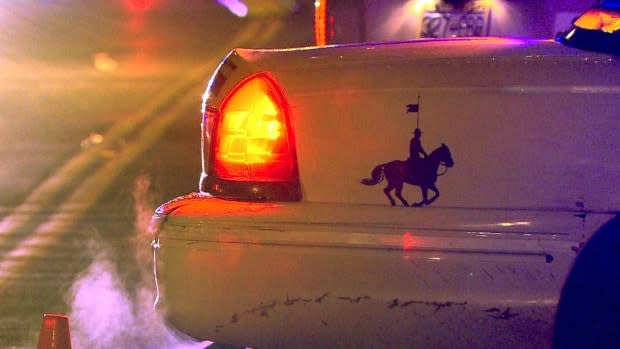First Nations granted Indigenous civilian monitor into probe of police shooting of Aboriginal man

B.C's police watchdog has committed to appointing a Tla-o-qui-ah civilian monitor into its investigation of the police shooting of 28-year-old Julian Jones, an Indigenous man.
"Everyone is in agreement that this is a good move," said Ron Macdonald, the civilian director of the Independent Investigations Office of B.C. (IIO), the province's civilian led police oversight agency.
Section 38.08 of the B.C. Police Act allows for civilian monitors to be appointed to oversee IIO investigations.
MacDonald said this is the first time a monitor will be put in place for an investigation into a police involved shooting of an Indigenous person.
"They will have access to the investigation. They will be able to make comments to us and, in the end, they'll write a report that I'm committing to make public," said MacDonald.
The timeline for installing the monitor is unclear, although MacDonald said he is moving quickly with consultation from the Nuu-Chah-Nulth Tribal Council (NTC) and Tla-o-qui-ah First Nation and he hopes to have someone appointed in a matter of days.
Short term solution.
NTC vice president Mariah Charleson advocated for a Tla-o-qui-ah civilian monitor.
"They would be the communication person with the family," she said. "But that's a short term solution. The way the system is operating right now, it's not working."
Civilian monitors are appointed on a case-by-case basis, but Charleson wants to see a more permanent approach to having Indigenous voices heard in investigations.
"Any time anyone is harmed by law enforcement and the IIO is investigating, we want an Indigenous oversight body to oversee the entire investigation," Charleson said.
"We must make sure the investigation is done in a culturally sensitive and trauma informed way."

